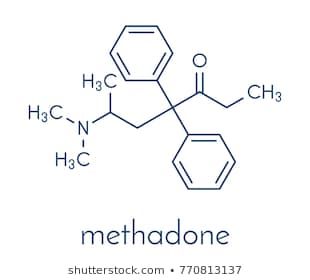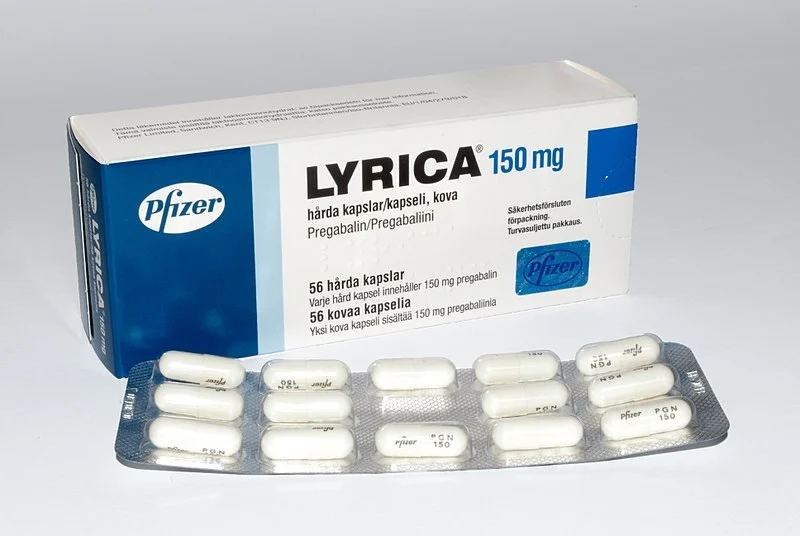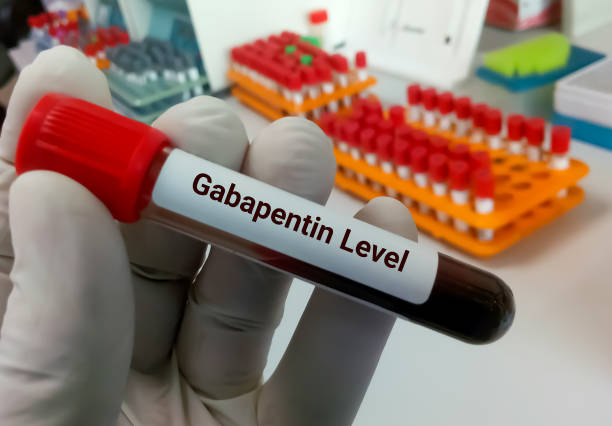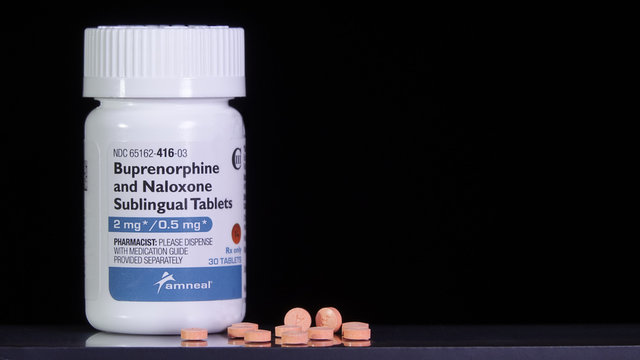Methadone is a medication primarily used for treating opioid addiction and managing chronic pain. This article delves into various aspects of methadone, including its uses, precautions, and important information you need to know.
What is Methadone?
Methadone is a synthetic opioid that helps people reduce or quit their use of heroin or other opiates. It is also used for chronic pain management. Methadone works by altering the way the brain and nervous system respond to pain, making it an effective painkiller and a tool for opioid addiction treatment.
History and Development
Methadone was first synthesized in Germany during World War II due to a shortage of morphine. Initially, it was not used extensively until its potential for treating opioid dependence was recognized in the 1960s. Since then, methadone has become a cornerstone in addiction treatment programs worldwide.

Is Methadone Used for Anxiety?
Methadone is not typically used for anxiety. It is specifically designed for pain management and opioid addiction treatment. While it may have some calming effects due to its opioid nature, it is not prescribed for anxiety disorders. If you are struggling with anxiety, it is crucial to consult a healthcare provider for appropriate treatment options.
Alternative Treatments for Anxiety
For those dealing with anxiety, several alternatives are available, including:
- Selective Serotonin Reuptake Inhibitors (SSRIs): Such as Prozac and Zoloft.
- Cognitive Behavioral Therapy (CBT): A structured, time-limited psychotherapy.
- Lifestyle Changes: Regular exercise, healthy diet, and adequate sleep.
What is the Drug Name for Methadone?
The generic name for methadone is simply “methadone.” However, it is also known under several brand names, such as Dolophine and Methadose. These formulations are used for the same purposes: managing pain and treating opioid addiction.
How Methadone is Supplied
Methadone is available in various forms including tablets, oral solutions, and injectable formulations. The choice of formulation depends on the specific needs of the patient and the prescribing doctor’s recommendations.
Is Methadone Used for Sleep?
Methadone is not intended as a sleep aid. While it can cause drowsiness as a side effect, it is not prescribed to treat sleep disorders. Using methadone to aid sleep can be dangerous and is not recommended. If you have trouble sleeping, it is best to discuss this with your doctor to find safer and more effective treatments.
Safe Sleep Aids
If you are seeking help for sleep issues, consider these safer options:
- Melatonin Supplements: A natural hormone that regulates sleep-wake cycles.
- Sleep Hygiene Practices: Such as maintaining a consistent sleep schedule, avoiding caffeine, and creating a restful environment.
- Prescription Sleep Medications: Such as Ambien or Lunesta, under a doctor’s guidance.
What Should You Not Take with Methadone?
Certain medications and substances can interact with methadone, leading to serious side effects or reducing its effectiveness. You should avoid:
- Alcohol: Increases the risk of severe drowsiness, respiratory depression, and overdose.
- Benzodiazepines: Such as Xanax, Valium, and Ativan, can enhance methadone’s sedative effects.
- Other Opioids: Combining with other opioids can be fatal.
- MAO Inhibitors: Used for depression, can lead to dangerous drug interactions.
- Certain Antidepressants and Antipsychotics: May increase the risk of serotonin syndrome.
To learn more about it contact our WhatsApp via inbox.
Common Drug Interactions
Other drugs that may interact with methadone include:
- Antibiotics: Such as erythromycin.
- Antifungal Medications: Such as ketoconazole.
- Antiretroviral Drugs: Used for treating HIV.
Always consult with your healthcare provider before starting or stopping any medication.
Benefits of Methadone
Methadone offers several benefits for those struggling with opioid addiction and chronic pain:
- Reduces Withdrawal Symptoms: Helps in managing withdrawal symptoms for those coming off opioids.
- Pain Management: Provides relief for chronic pain sufferers.
- Improves Quality of Life: Allows individuals to lead more stable lives without the constant need for illicit opioids.
Success Stories
Many individuals have successfully used methadone to reclaim their lives from addiction. These success stories highlight the effectiveness of this medicine when combined with comprehensive addiction treatment programs.
Potential Side Effects of Methadone
Like any medication, methadone comes with potential side effects, including:
- Drowsiness
- Constipation
- Nausea and vomiting
- Increased sweating
- Respiratory depression
It is essential to use methadone under the strict supervision of a healthcare provider to minimize risks.
Managing Side Effects
If you experience side effects, your doctor may adjust your dose or suggest remedies such as:
- Laxatives: For constipation.
- Anti-nausea medications: For nausea and vomiting.
- Regular Monitoring: To ensure respiratory function remains stable.
Methadone and Long-Term Use
Methadone can be used safely for long-term treatment of opioid addiction and chronic pain when managed properly. Long-term use requires regular monitoring by healthcare professionals to ensure it remains effective and to adjust dosages as needed.
Tapering Off Methadone
For those who wish to discontinue methadone, a gradual tapering process under medical supervision is essential to avoid withdrawal symptoms and ensure a smooth transition.
How to Take Methadone
It is usually taken orally in the form of a tablet, liquid, or diskette. It is crucial to follow your doctor’s instructions carefully regarding dosage and frequency. Never adjust your dose without consulting your healthcare provider, as incorrect usage can lead to overdose or diminished effectiveness.
Dosage Guidelines
- For Opioid Addiction: Initial doses are typically lower and gradually increased based on the patient’s response.
- For Pain Management: Dosage varies widely depending on the individual’s pain level and previous opioid use.
Purchasing Pain Killer Products
If you are in need of effective pain relief solutions, explore our pain killer shop for a range of products that can help manage your pain effectively and safely. We offer a variety of medications to suit different needs and conditions.
Product Categories
- Over-the-Counter Pain Relievers: Such as ibuprofen and acetaminophen.
- Prescription Pain Medications: For more severe pain management.
- Topical Pain Relievers: Including creams and patches.
Conclusion
This is a powerful medication used for treating opioid addiction and chronic pain. While it is not suitable for anxiety or sleep disorders, it offers significant benefits when used correctly. Always consult with a healthcare provider for personalized advice and treatment plans. For more pain relief options, visit our pain killer shop.
By understanding and using it responsibly, you can effectively manage pain and opioid addiction, leading to a better quality of life.
FAQs
Is Methadone Safe During Pregnancy?
Methadone is considered safer than continued opioid use for pregnant women with opioid dependency. It helps stabilize the mother’s opioid levels, reducing withdrawal risks for the fetus. However, its use during pregnancy should be closely monitored by healthcare professionals.
How Does Methadone Work?
It works by binding to the same opioid receptors in the brain as other opioids like heroin and morphine. This action blocks the euphoric effects of these drugs and reduces cravings and withdrawal symptoms. It also alters the way the nervous system responds to pain, providing pain relief.
Can Methadone Be Abused?
Yes, methadone can be abused, especially if taken in higher doses than prescribed or used in combination with other substances. Abuse can lead to addiction, overdose, and even death. It is crucial to take exactly as prescribed by a healthcare provider.
What Happens if You Miss a Dose?
If you miss a dose, take it as soon as you remember. However, if it is almost time for your next dose, skip the missed dose and resume your regular schedule. Do not take extra doses to make up for the missed one. Missing multiple doses can lead to withdrawal symptoms.
How Should It Be Stored?
Store this medicine at room temperature, away from light and moisture. Keep it out of reach of children and pets. Proper storage helps prevent accidental ingestion and misuse.
Are There Alternatives for Opioid Addiction?
Yes, other medications are used for opioid addiction treatment, including:
- Buprenorphine (Suboxone, Subutex): Partial opioid agonist that helps reduce cravings and withdrawal symptoms.
- Naltrexone (Vivitrol): Opioid antagonist that blocks the effects of opioids.
Can Methadone Affect Mental Health?
Methadone can have an impact on mental health. Some individuals may experience changes in mood, anxiety, or depression. It is important to discuss any mental health concerns with your healthcare provider.
What Should You Do in Case of Overdose?
In case of an overdose, seek immediate medical attention. Symptoms of overdose include extreme drowsiness, slow or difficult breathing, and loss of consciousness. Naloxone (Narcan) can be administered as an emergency treatment for opioid overdoses, including
follow us on social media – Facebook









